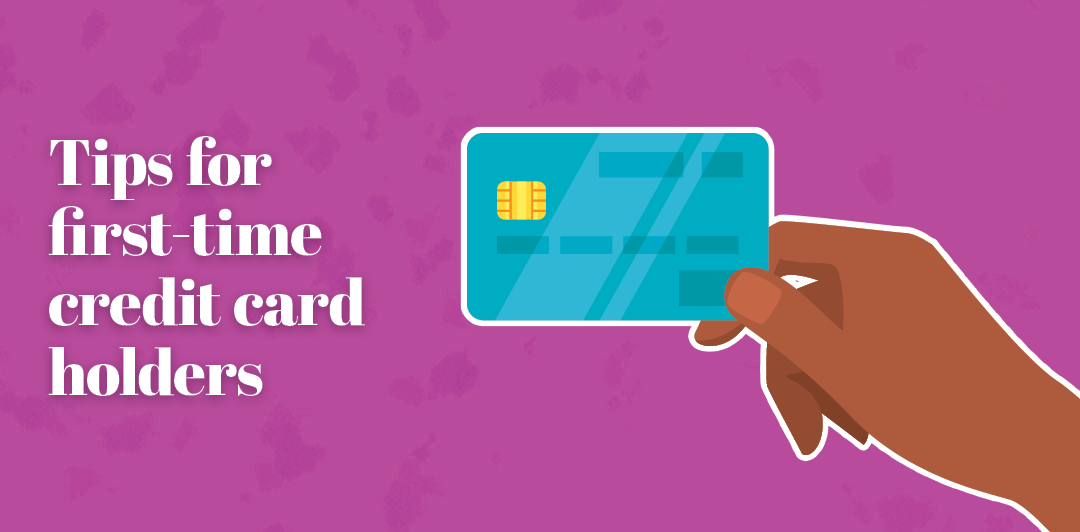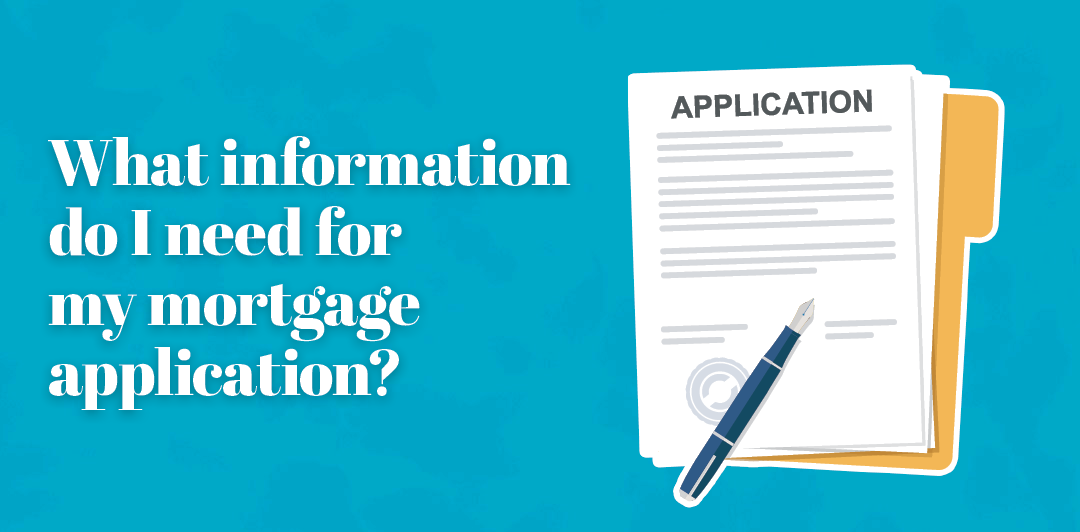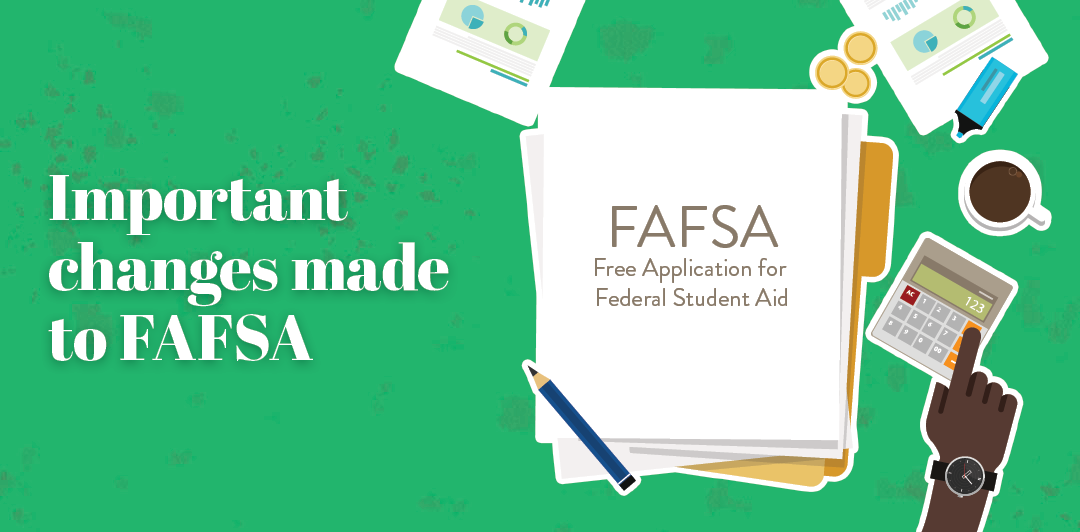


How to Prepare an Effective Loan Proposal
Banks have extensive experience evaluating existing companies to determine if they're good candidates for commercial loans.
Ideal candidates for business loans generate sufficient cash flow to cover loan payments; have a solid, long-term track record of meeting financial obligations; have financial reserves to weather unexpected downturns or setbacks; and have collateral to put up for security.
Regardless of your company's history, when seeking a loan, the goal is to present the best possible business case in the form of a loan proposal. A well-designed, well-written proposal shows bankers that your business is a sound investment that generates solid, stable returns. Transparency is a given.
When preparing a loan proposal, gather information to answer the following questions:
- How much money does your company need?
- How will your company use the loan?
- How will the business repay the loan?
- Why is your company a reliable candidate for a loan?
- What will your company do if it's unable to repay the loan?
Those are the five questions all lenders ask, and if you don't have solid answers, pull together the information required to provide answers before writing the proposal.
When you're done collating the facts and figures, include the following key elements in your loan proposal:
- Executive Summary. Briefly describe your business, your market, and how the loan will be used to help the company succeed. Think of the Executive Summary as your "elevator pitch." Then, flesh out the summary in subsequent sections.
- Business Summary. Describe the history of the business, current activity, and results. Include brochures or other business identity collaterals in an appendix. While your loan proposal is a "sales" document, present facts, not marketing materials, so use a "soft sell" in your proposal.
- Management Profiles. Banks want to know to whom they'll be lending money. Describe your experience, qualifications, credentials, and skills. Include manager resumes. Establish your credibility and track record as a business owner and as a good corporate citizen.
- Financial Statements. Include business and personal financial statements. Some banks require personal tax returns for the previous one to three years.
Be prepared to provide profit and loss statements, balance sheets, and other financial history documentation.
- Financial Projections. A loan proposal includes earnings projections for the coming two to three years. Highlight current income, cash flow, and growth initiatives.
- Amount of Loan. How much money do you need? Focus on the methods used to determine the loan amount. Include quotes for equipment, supplies, building costs, and so on.
- Purpose of Loan. In detail, describe how you'll use borrowed funds. Include written documentation, cost estimates, expansion proposals, and other relevant information in this section.
- Marketing Plan. Clarify how you'll grow the company by sourcing new customers. Details. That's what lending banks want.
- Loan Repayment Plan. Describe the terms you hope to receive (interest rate, length of term, etc.). Show how you can make repayment based on sales and cash-flow projections.
- Inventory of Collateral. What happens if you can't pay back the loan? If you plan to purchase a building, facilities, or equipment, those items are collateral. You can also use personal possessions for collateral, as well. Collateral reduces lender risk and increases chances for loan approval.
A bank wants to understand your business so it can lend with confidence. The bank will assume some risk, but a well-developed loan proposal helps it clearly understand the risks and improves your chances for loan approval.
Recent Articles
Join our e-newsletter
Sign up for our e-newsletter to get new content each month.






















